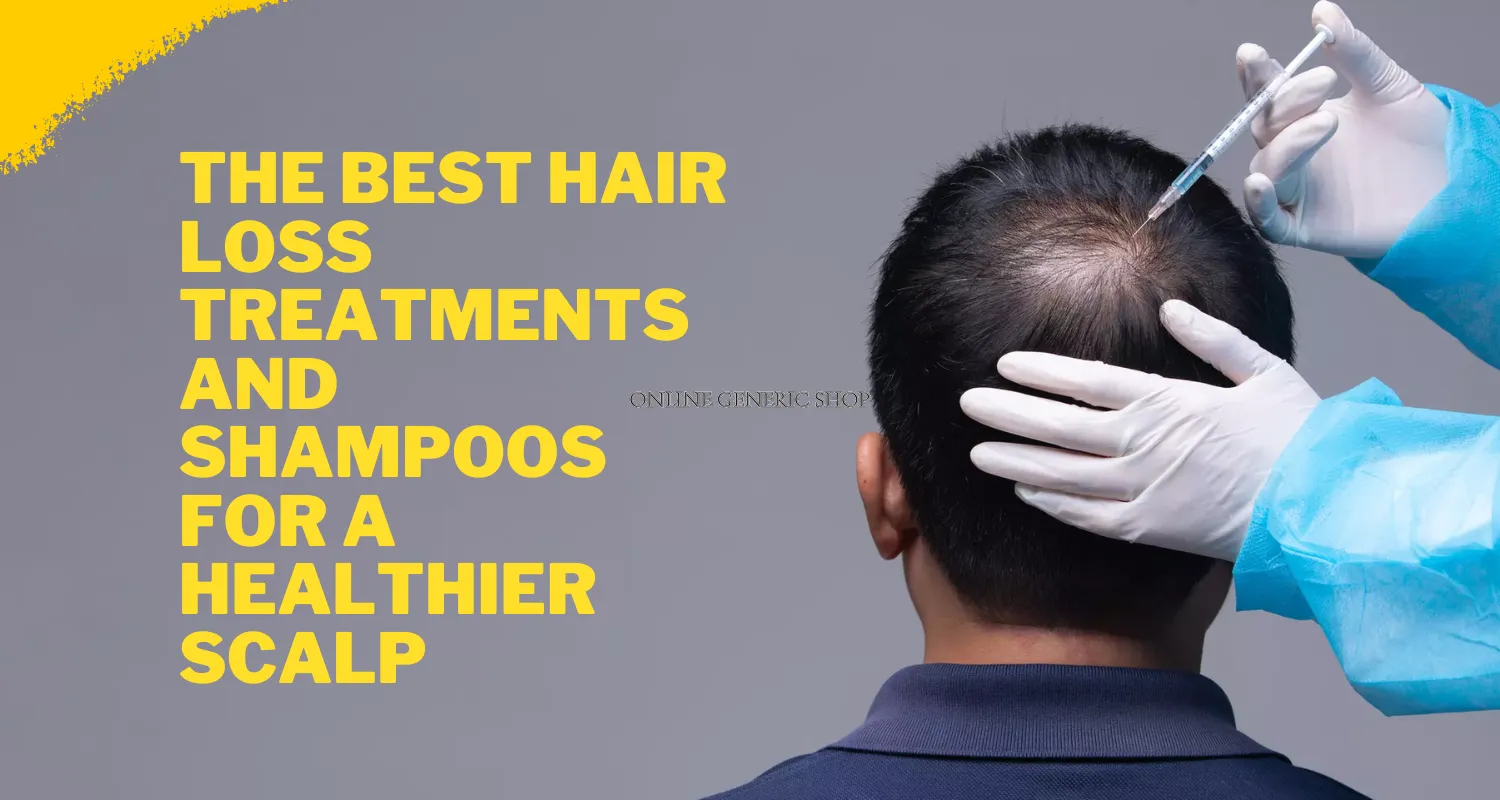Why Am I Losing Hair? Understanding the Root Causes

Why Am I Losing Hair? Understanding the Root Causes
Hair loss is a common concern that affects people of all ages and genders. Whether you notice a few extra strands on your pillow or significant thinning over time, understanding the root causes can help you take the right steps to prevent further loss and promote healthy hair growth. In this article, we will explore the various reasons behind hair loss and how you can manage it effectively.
Common Causes of Hair Loss
1. Genetics (Hereditary Hair Loss)
One of the most common causes of hair loss is hereditary, known as androgenetic alopecia or pattern baldness. This type of hair loss affects both men and women and typically follows a predictable pattern of thinning hair or receding hairlines. Assuming going bald runs in your family, you are bound to encounter it.
2. Hormonal Imbalances
Hormones play a significant role in hair growth. Imbalances in hormones such as testosterone, estrogen, and thyroid hormones can contribute to hair thinning and shedding. Common conditions like polycystic ovary syndrome (PCOS), menopause, and thyroid disorders can lead to noticeable hair loss.
3. Stress and Anxiety
Chronic stress can trigger a condition known as telogen effluvium, where hair follicles enter the resting phase prematurely, leading to excessive shedding. Emotional stress, trauma, or major life events such as surgery, illness, or significant weight loss can contribute to temporary hair loss.
4. Nutritional Deficiencies
A lack of essential nutrients can impact hair health. Deficiencies in iron, biotin, zinc, vitamin D, and protein can weaken hair strands, making them more prone to falling out. A balanced diet rich in vitamins and minerals is crucial for maintaining strong and healthy hair.
5. Medical Conditions and Medications
Certain medical conditions and treatments can lead to hair loss, including:
-
Alopecia areata: An immune system problem where the safe framework assaults hair follicles.
-
Thyroid disorders: Both hyperthyroidism and hypothyroidism can cause hair diminishing.
-
Cancer treatments: Chemotherapy and radiation can lead to temporary hair loss.
-
Blood pressure medications, antidepressants, and birth control pills can also have hair loss as a side effect.
6. Hairstyling and Overprocessing
Excessive use of heat styling tools, harsh chemical treatments, tight hairstyles (such as braids or ponytails), and frequent hair dyeing can damage hair follicles, leading to traction alopecia and hair breakage.
7. Scalp Conditions
A solid scalp is fundamental for sound hair development. Conditions like dandruff, psoriasis, fungal infections (ringworm), and seborrheic dermatitis can cause scalp inflammation, leading to hair loss.
How to Manage and Prevent Hair Loss
-
Adopt a Nutrient-Rich Diet: Include foods rich in iron, biotin, zinc, and omega-3 fatty acids to nourish hair follicles.
-
Manage Stress: Practice relaxation techniques like meditation, yoga, and regular exercise to reduce stress-related hair loss.
-
Use Gentle Hair Care Products: Avoid harsh shampoos and chemical treatments that can weaken hair.
-
Avoid Excessive Heat and Styling: Reduce the use of hairdryers, curling irons, and straighteners to prevent damage.
-
Consult a Doctor: If you notice persistent or severe hair loss, seek medical advice to rule out underlying health conditions.
Conclusion
Hair loss can be caused by various factors, from genetics and hormonal imbalances to stress and poor nutrition. Understanding the root cause of your hair loss is the first step toward finding the right solution. By adopting a healthy lifestyle, following proper hair care practices, and seeking medical advice when needed, you can take control of your hair health and prevent further loss.



